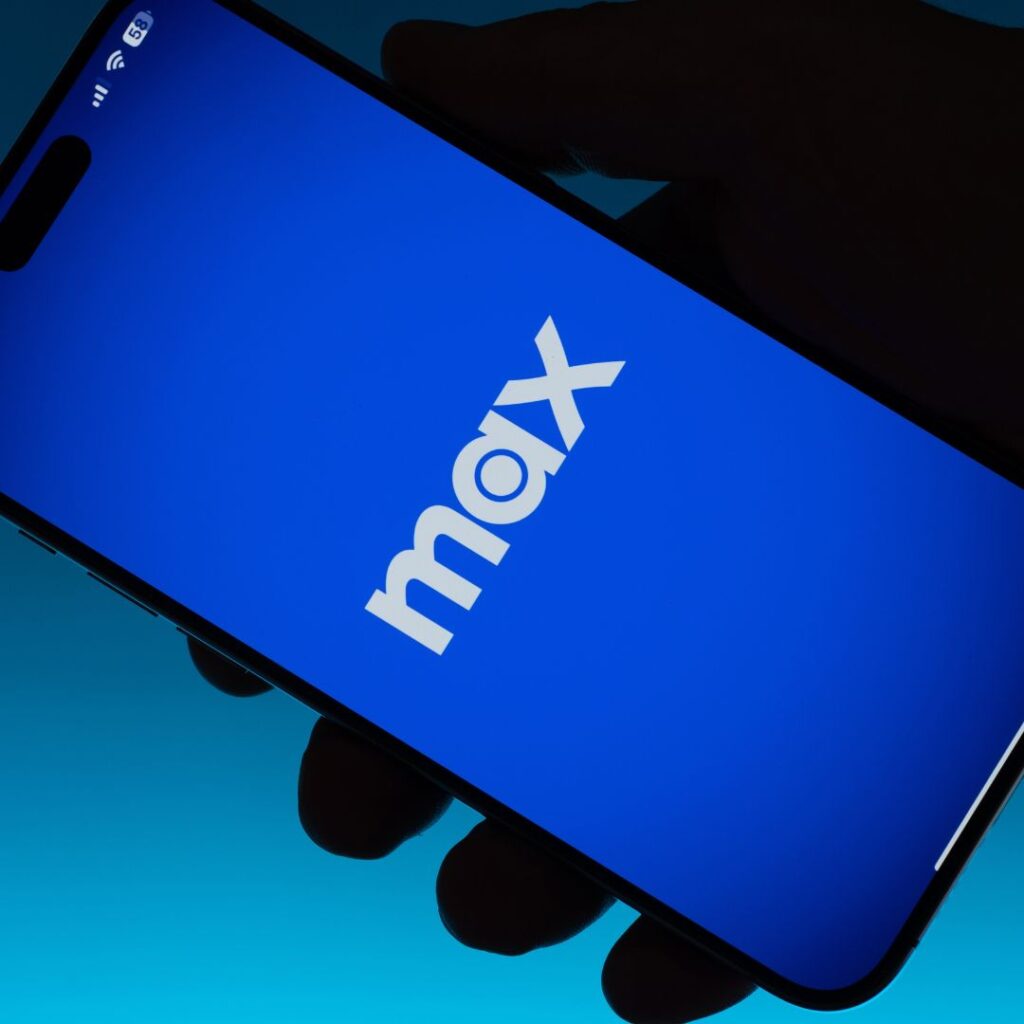HBO’s success isn’t solely attributed to its groundbreaking content; its marketing strategy has been equally instrumental in establishing its status as a premium entertainment brand. Over the decades, HBO has mastered the art of promoting its shows, building a loyal subscriber base, and staying ahead in an increasingly competitive market. Here’s a deep dive into the marketing strategies that have defined HBO’s journey.
1. Premium Positioning: “It’s Not TV. It’s HBO.”
HBO’s iconic slogan, introduced in 1996, perfectly encapsulated its strategy: setting itself apart from traditional TV. This branding effort was pivotal in creating a perception of HBO as a premium, high-quality alternative to network television. Exclusive Content: HBO marketed itself as the go-to destination for content you couldn’t find anywhere else, such as The Sopranos, Sex and the City, and Game of Thrones. No Ads: The promise of uninterrupted, ad-free programming reinforced its position as a luxury entertainment option.
2. Focus on Storytelling and Cultural Impact
HBO’s marketing doesn’t just sell shows; it sells stories that resonate deeply with audiences. This approach has built a brand that stands for substance and emotional engagement. Character-Driven Campaigns: Promotions often highlight the depth of characters, inviting viewers to form personal connections with the narratives. For example, Game of Thrones was marketed as not just a fantasy epic but a deeply human story of power and betrayal. Cultural Moments: HBO leverages its shows to spark cultural conversations, using social media, fan events, and partnerships to amplify the buzz. Shows like Euphoria and Succession became cultural phenomena partly due to their marketing.
3. Strategic Use of Teasers and Trailers
HBO is renowned for its well-crafted teasers and trailers, which build anticipation without giving away too much. Minimalism: Trailers focus on powerful visuals and emotional beats, ensuring they appeal to both die-hard fans and casual viewers. Event Releases: HBO times its trailers and announcements to coincide with major events like the Super Bowl or Comic-Con, maximizing visibility.
4. Leveraging Social Media and Fan Engagement
HBO actively engages with its audience on platforms like Twitter, Instagram, and TikTok, creating a digital-first strategy to connect with younger viewers. Interactive Campaigns: Examples include Westworld’s cryptic online puzzles and Game of Thrones’ #ForTheThrone campaign, which involved fans in scavenger hunts and themed challenges. Memes and Moments: HBO encourages and capitalizes on memes, allowing fans to organically promote its content.
5. Partnerships and Merchandising
HBO amplifies its reach through strategic partnerships and merchandise. Brand Collaborations: HBO has worked with brands like Adidas, Urban Decay, and Funko to create themed products tied to popular shows. Experiential Marketing: The network has hosted pop-up installations and immersive experiences, such as Game of Thrones exhibitions, to let fans interact with their favorite series in real life.
6. Streaming Transition and Max Rebranding
HBO faced new challenges with the rise of streaming services, but it adapted effectively with HBO Max (now “Max”). Bundled Content: HBO marketed Max as not just a hub for HBO shows but as a one-stop-shop for Warner Bros. films, DC content, and more. Aggressive Promotions: Free trials, partnerships with telecom providers, and discounted subscriptions helped HBO Max gain early traction in the streaming wars.
7. Data-Driven Decisions
HBO uses advanced analytics to understand viewer preferences and tailor marketing campaigns. Targeted Ads: Personalized recommendations and targeted advertising help draw in specific audience segments. Content Development: Data insights guide investments in content that aligns with viewer demand, such as investing in spinoffs like House of the Dragon after analyzing the enduring popularity of Game of Thrones.
HBO’s marketing strategy is a masterclass in branding, storytelling, and audience engagement. By positioning itself as a premium network with exclusive content, leveraging cultural moments, and embracing digital trends, HBO has consistently stayed at the forefront of the entertainment industry. Its ability to adapt while maintaining its identity ensures its continued relevance in the ever-evolving media landscape.


